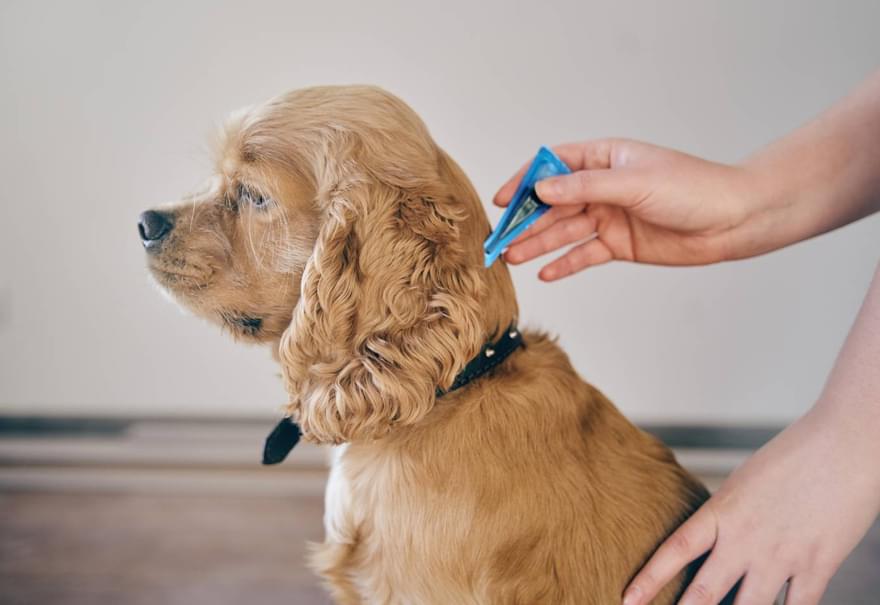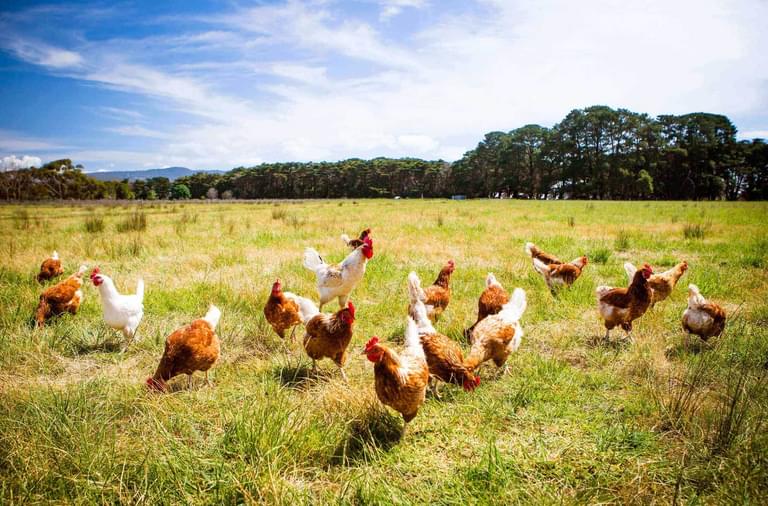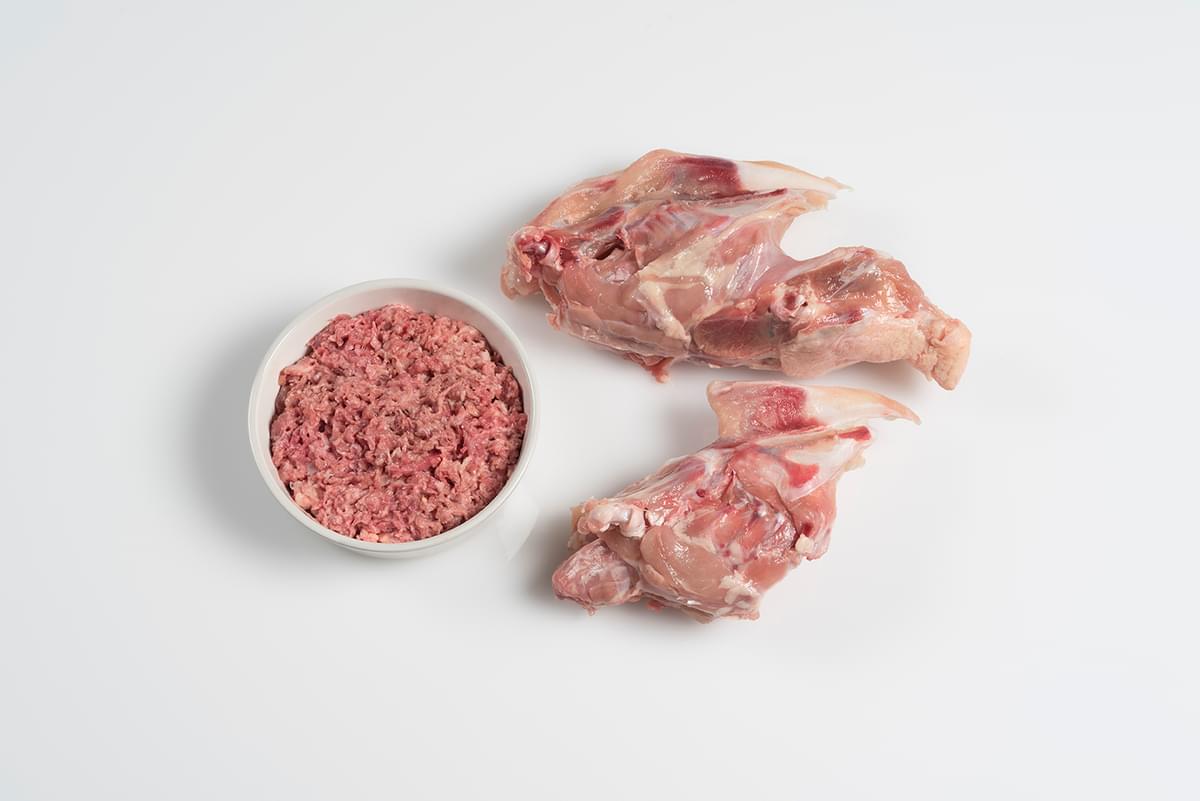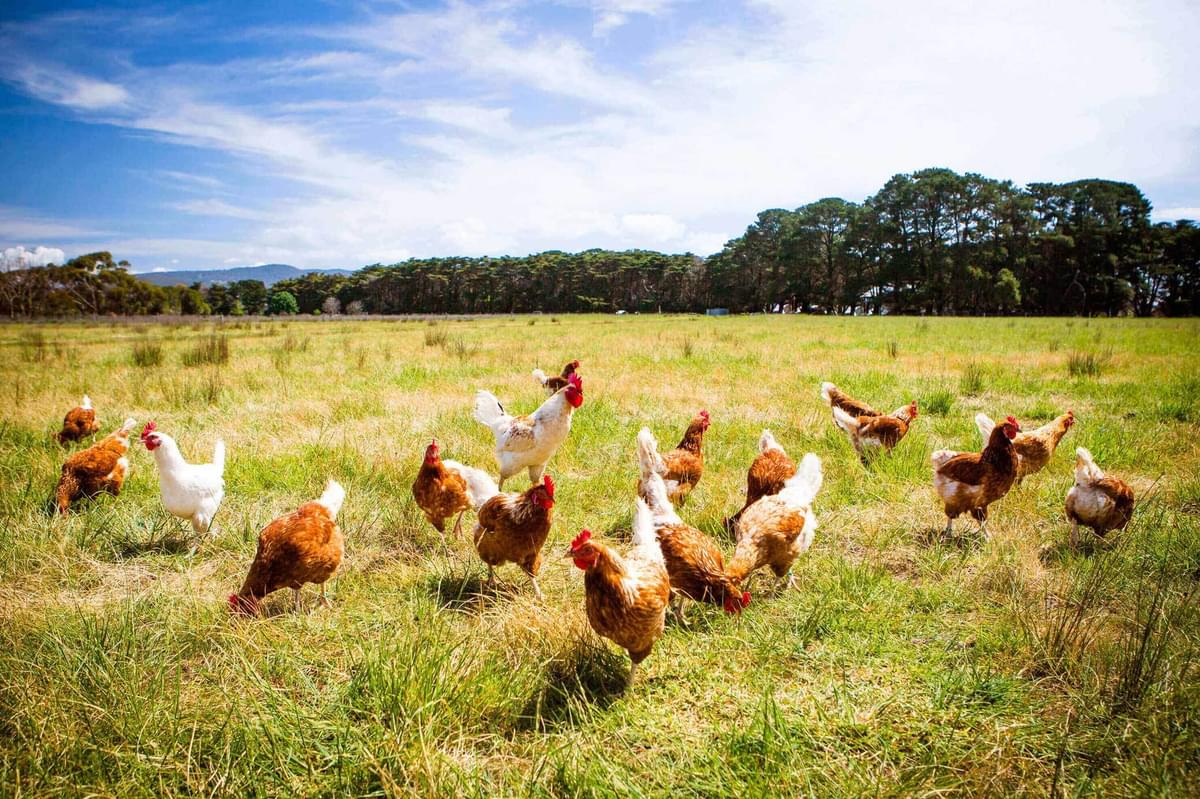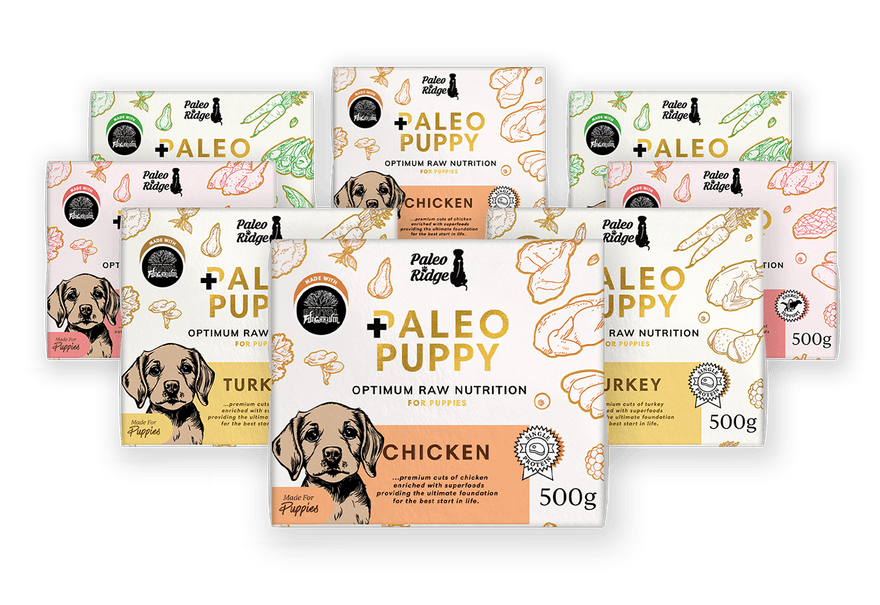Chicken is considered to be a common culprit for intolerances. This is mainly because of how the chickens are farmed or the preservatives and additives that are included in processed foods. Chickens kept in poor conditions and fed cheap grains containing antibiotics can flare up an intolerance. Harsh chemicals and cheap feeds affect the meat; as the meat is eaten by your dog so they will in turn ingest these chemicals.
The common signs of an intolerance are:
- Itching and scratching, especially around the face and ears.
- Licking and biting of paws.
If you suspect your dog has a chicken intolerance, we recommend that you do not feed chicken for 3-4 weeks and keep track of their symptoms. If they lessen, you should most likely avoid chicken for a while. It’s not to say they can never have chicken again; they may only be able to tolerate it in small doses. Once your dog is symptom free, you can look to introduce some organic chicken once a week. If your dog presents no symptoms, you can include a small amount of chicken in their diet. If they flare up after reintroducing, it would be best to avoid going forward.
For more information or guidance, please speak to our customer service team.
